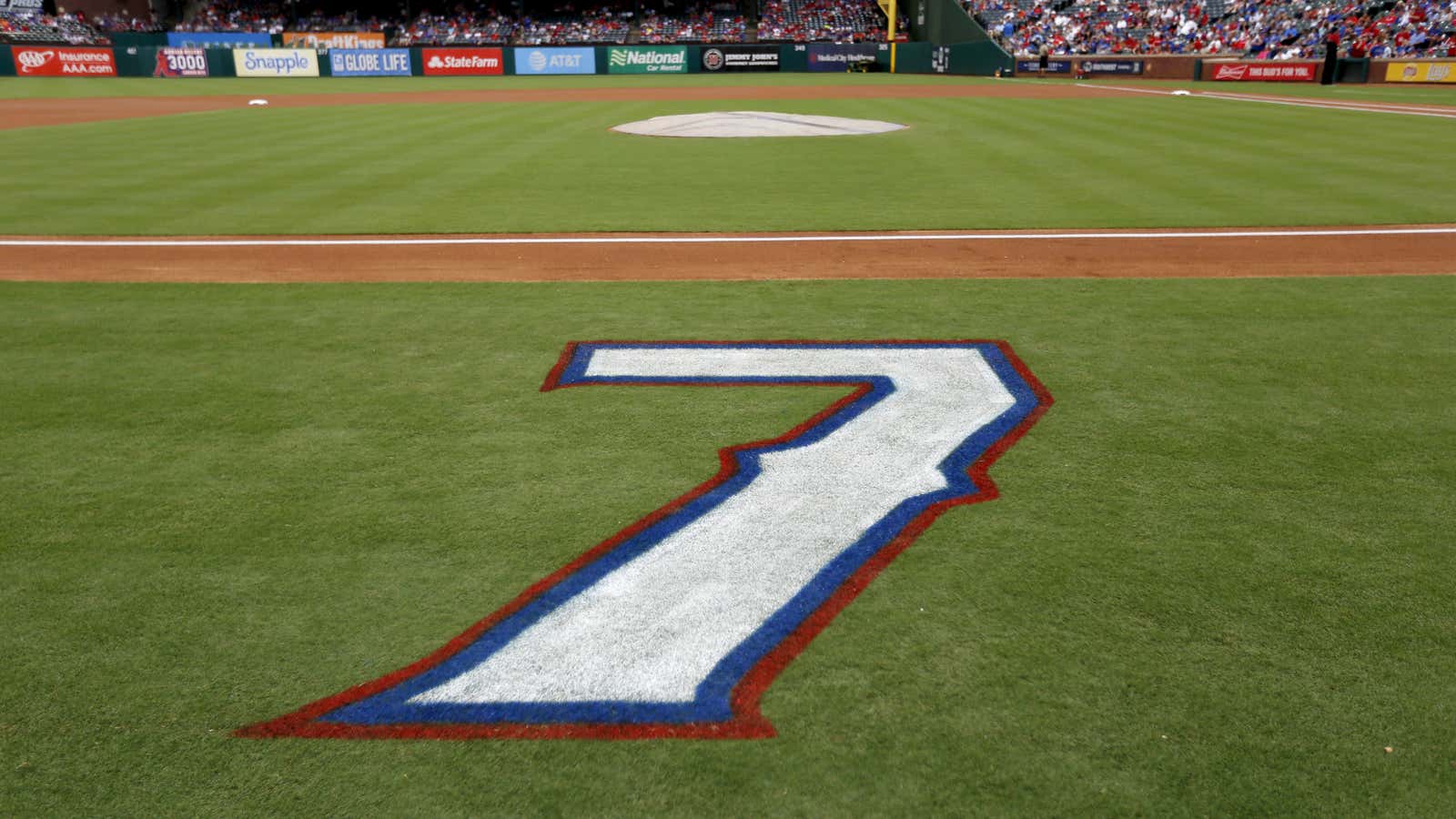When Robin Sloan wants to give away free copies of his books, he—like most authors—asks fans to participate in a contest. But his contests have an unusual twist: They double as a celebration of prime numbers.
Sloan’s 2012 debut novel, Mr. Penumbra’s 24-Hour Bookstore, was a bestselling mystery involving an ancient book cult, Google, and data visualization, in which every number was a prime (except 24 of course). Last month, Sloan gave away copies of his new novel, Sourdough, to winners of a contest outlined on his GitHub page (he is the rare novelist active on the code-sharing site).
Here’s how it worked:
“As a player, you are invited to supply a prime number of your choosing. Then, if I’m crowning N winners, I review the entries and identify the N lowest unique primes.
So, if you pick 2 but seven other people pick 2: sorry. If you pick 3 and no one else picks 3: you win! If you pick 4… don’t pick 4. It’s not prime!
I love this game because there’s a bit of math, a bit of psychology—maybe even game theory—and then a large preponderance of luck.”
The Berkeley-based author says he takes any chance to revel in the unique numerals. ”Primes seem to me to be these unarbitrary, unique, fated things,” Sloan tells Quartz. “It cannot be coincidence that the mythical numbers of storytelling like 3, 7, and 13 are random. The lower-end primes have incredible resonance in fiction and art.”
Indeed, Sloan is far from the only artist with a reverence for primes. Influential French composer Olivier Messiaen used prime numbers to write some of his most avant-garde music. Mathematician and poet Harry Baker wrote a love poem about prime numbers—a performance of which has been watched well over a million times. Prime numbers also play a central role in Mark Haden’s The Curious Incident of the Dog in the Night-Time. “Prime numbers are what is left when you have taken all the patterns away,” says the book’s main character. ”I think prime numbers are like life. They are very logical but you could never work out the rules, even if you spent all your time thinking about them.”
Sloan has run a version of his prime contest several times. He considers his fiction “nerdy and puzzly,” and sees the contest as a fitting way to commune with his equally nerdy and puzzly readers. He also says it feels less soulless than giveaway contests that require little more than liking a social media post.
The most recent version of the contest, conducted in August, received 1,371 submissions—most of which came from subscribers to his email. Here are the results:
Winning guess: 409
Most common guess: 17 (50 people guessed this number)
Highest number chosen: 3,262,837
Total number of people who really overthought this: 17 people guessed 2 (the lowest prime number)
